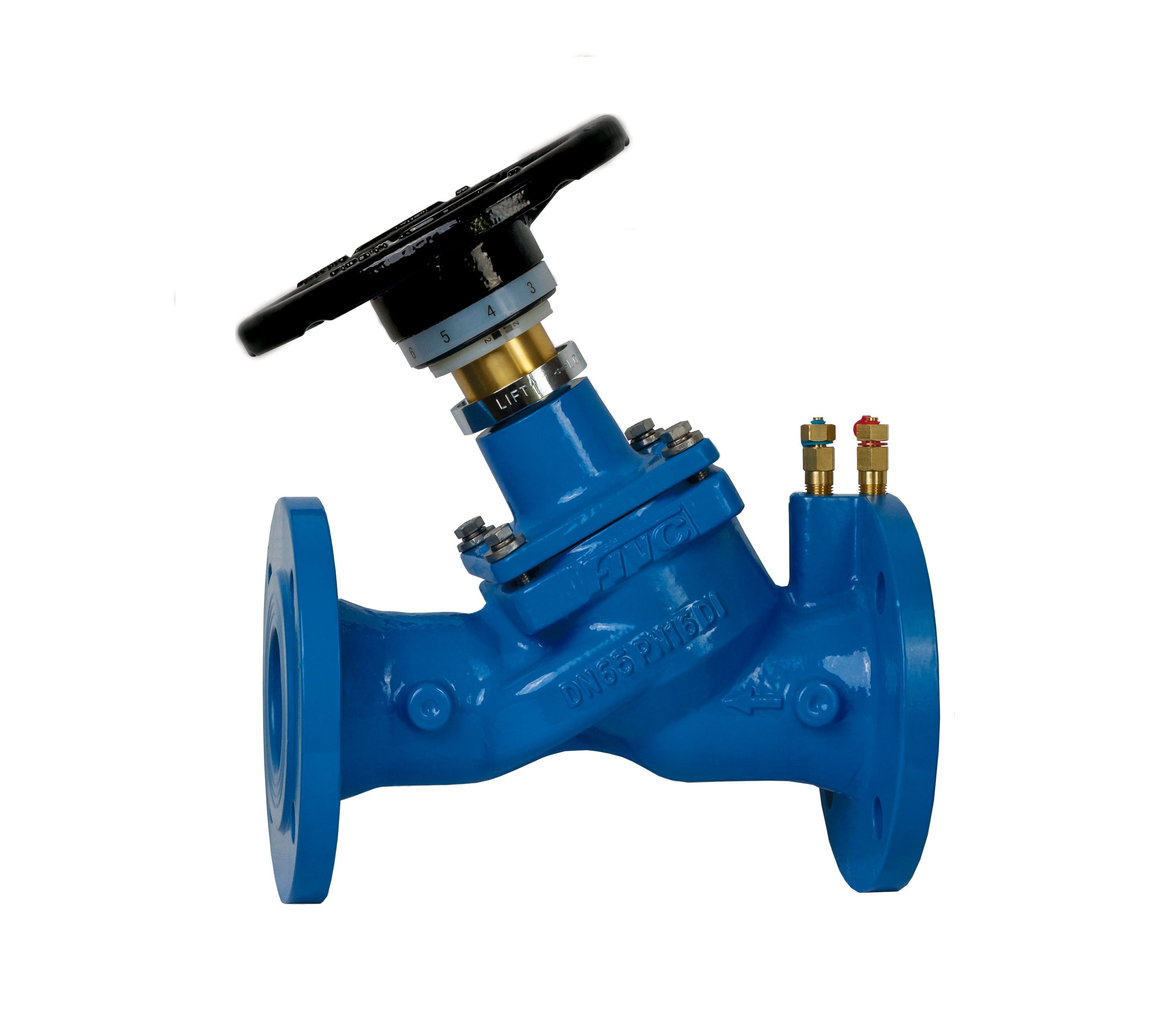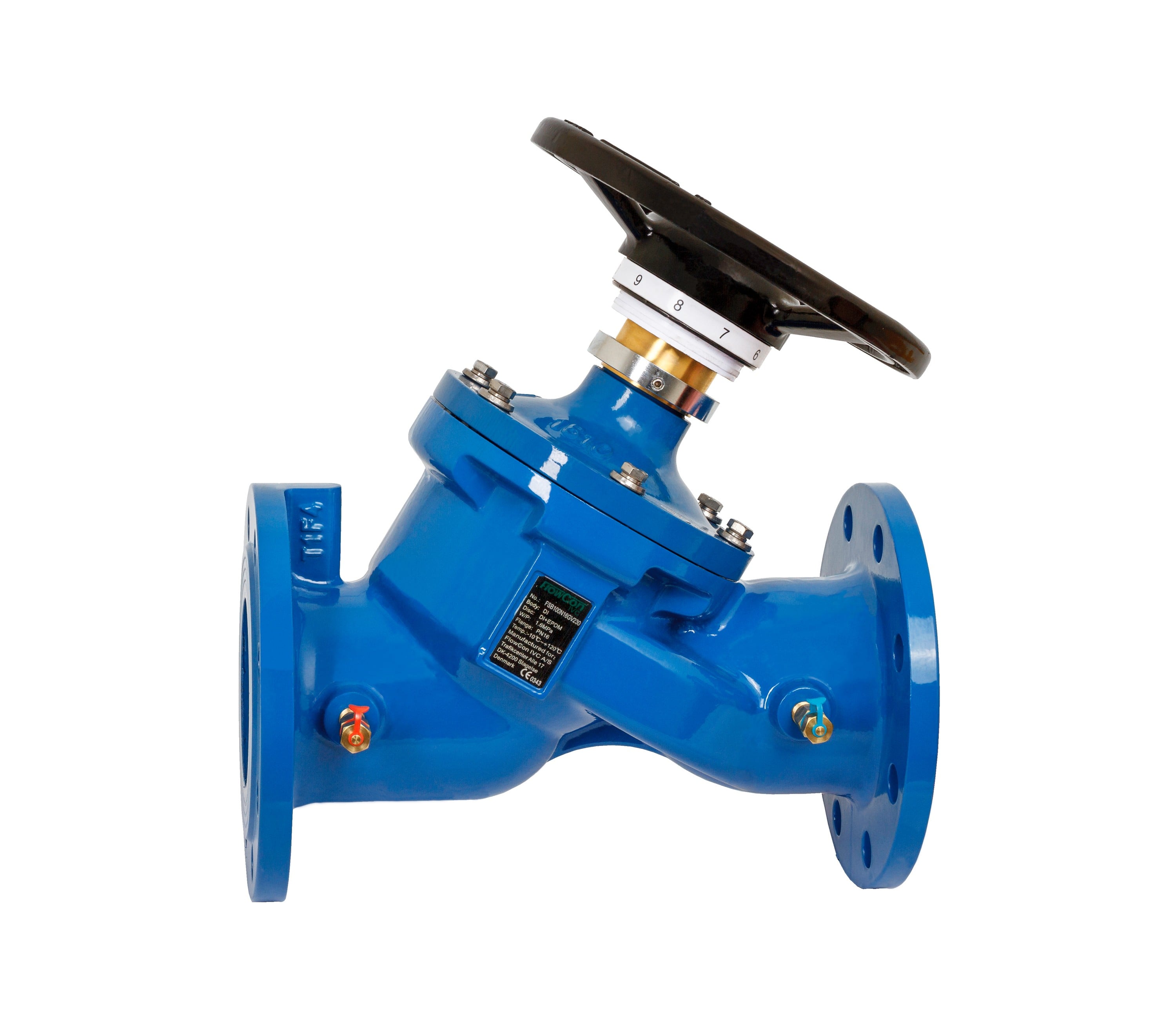BLOG.
Static Balancing Valves |
Fixed and variable orifices
Balancing valves ensure efficient and regulated flow distribution to all heating and cooling units within a circuit. The choice between Fixed and Variable orifice types can impact performance and cost.
What is the actual difference between variable and fixed orifices?
| Fixed Orifice Balancing Valves
Design and Function
The Fixed orifice valve features a single integrated orifice that creates a measured pressure drop, providing one consistent Kvs value for flow measurement.
| Advantages
→ Accuracy
Offers more accurate measurements at any valve setting, even in the presence of system debris.
→ Consistency
Ensures a smaller tolerance on the metering area, resulting in higher accuracy.
→ Usage
Ideal for systems where precise flow regulation and measurement are critical.

| Variable Orifice Balancing Valves
Design and Function
The Variable orifice valve allows for adjustments to the orifice size, requiring different Kv values for each setting. The pressure drop is determined by the gap between the seat and the disc, allowing multiple disc positions and a changeable flow coefficient (Kv).
| Advantages
→ Flexibility
Provides adjustable pressure drops and flow rates, making it versatile for different system requirements.
→ Cost-Effective
Generally, a less costly option with lower pressure drops reduces overall system energy consumption.
→ Combinable
Can be combined with metering stations for commissioning purposes.
→ Usage
Suitable for applications where variable flow rates and cost efficiency are prioritized.

Need assistance?




